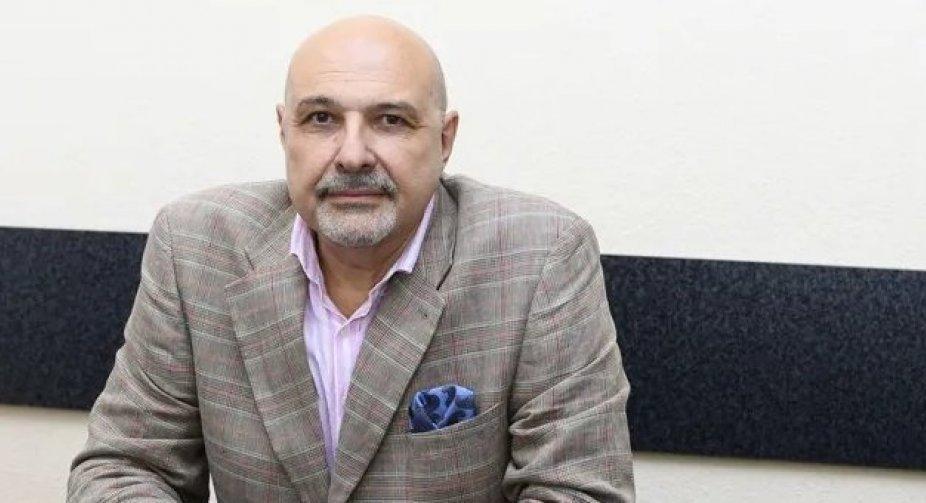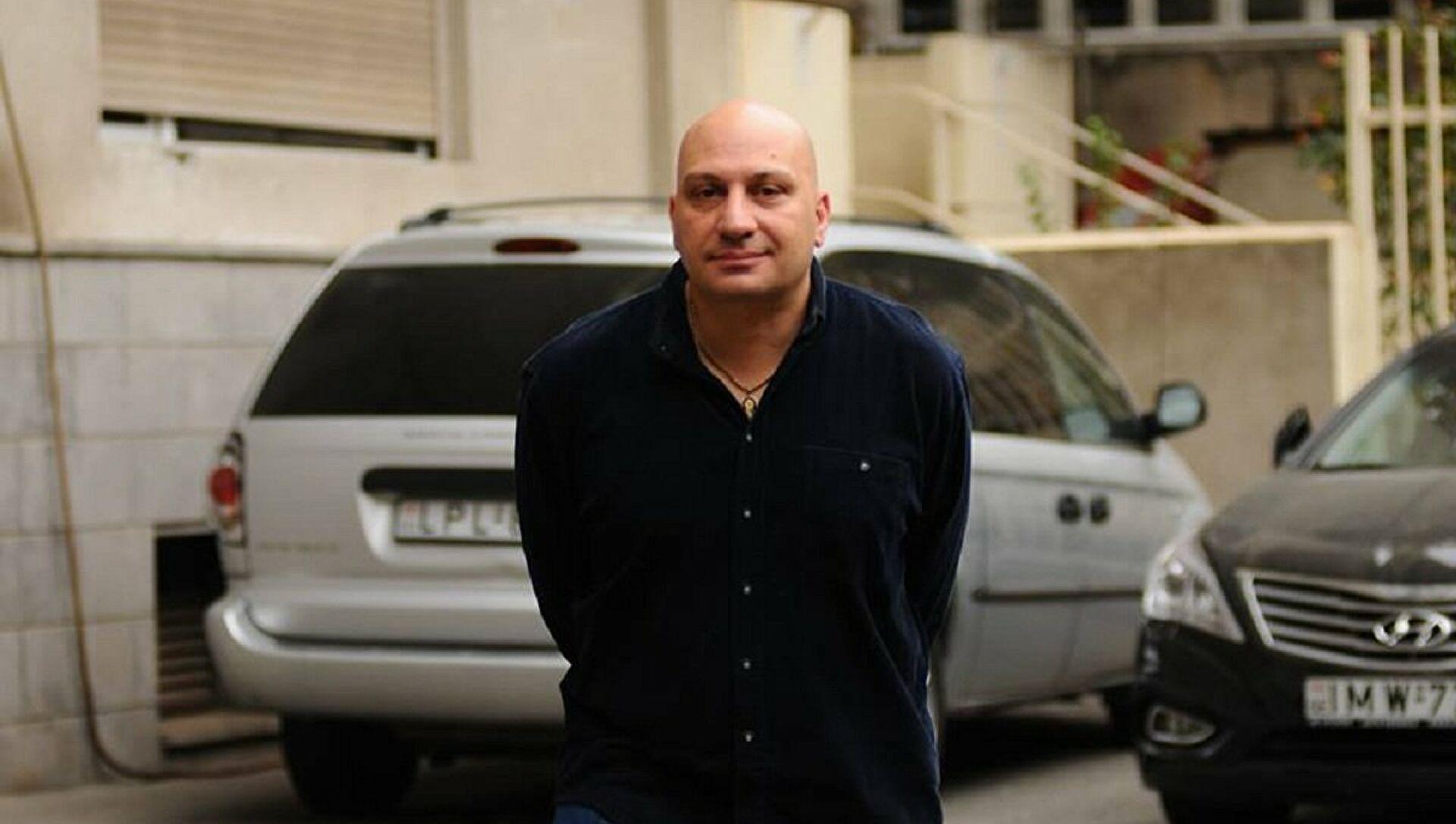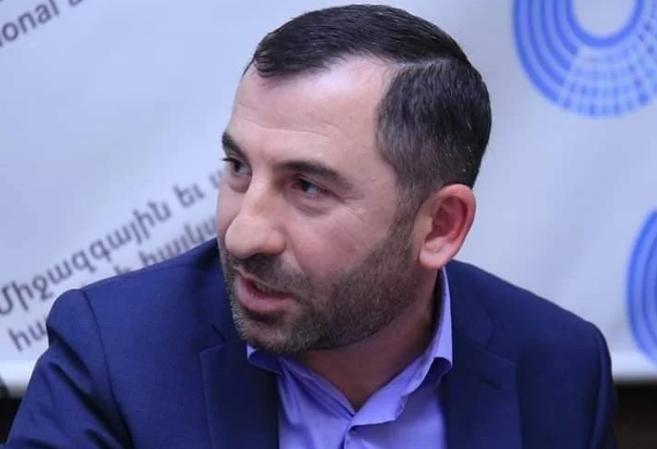Georgian diplomacy: can Tbilisi bring Baku and Yerevan together? Experts assess advantages of potential venue
The Georgian authorities have taken important steps for the promotion of peace and stability in the region and are interested in Tbilisi being a platform for negotiations between Azerbaijan and Armenia, Georgian Foreign Minister Ilia Darchiashvili said during a recent speech in parliament.
"Georgia has taken an important step by launching the Peaceful Neighbourhood Initiative to promote peace and stability in the region. We're ready to continue working in this direction according to what our neighbours need. In the future, we would like Tbilisi to become a place for our neighbours to discuss all relevant issues that will help build confidence between the sides," Darchiashvili said.
He stressed that despite the difficult situation in the region, Georgia has pursued a balanced policy. It has repeatedly encouraged communication between Azerbaijan and Armenia.
Georgia is ready to continue its policy of good-neighbourly relations based on peace and stability, the Foreign Minister reiterated.
Could Tbilisi therefore become a platform for direct negotiations between Azerbaijan and Armenia? How favourable and convenient would it be for the leaders of our two countries for the achievement of the main result - a comprehensive peace treaty between Yerevan and Baku?
Georgian experts answered these questions for Caliber.Az.

As diplomat and analyst Mamuka Gamkrelidze notes, Georgian leaders have repeatedly offered Azerbaijan and Armenia a platform for negotiations.
"This has its own explanation. Georgia is no less interested in peace in the region than its neighbours. Peace means more investors, the development of new logistics chains, increased trade and so on. Economically, it is mutually beneficial. Moreover, long-term peace in the region will eliminate the need for the presence of Russian troops and significantly reduce their influence in the South Caucasus," the diplomat said.
According to him, Georgia stands to gain by being seen as a peacemaker.
"The choice of Tbilisi as the venue for the negotiations has another advantage. It is equally acceptable to the direct participants, Western and Russian mediators. It is no secret that this will be a long and complex process, and there will be many meetings, possibly in different places. It would be wonderful if Tbilisi could be one of them," Gamkrelidze believes.

Nika Chitadze, a political scientist and professor at the Black Sea International University in Tbilisi, agrees that Tbilisi could become a venue for negotiations.
"For Azerbaijan, it may be unacceptable to negotiate under the auspices of the European Union, given that the French are involved. On the other hand, it may be unacceptable to Armenia for the negotiations to be under the auspices of Moscow, in view of attempts to reduce Russia's influence. So Georgia could be a good place for negotiations," the professor believes.

Amiran Khevtsuriani, a conflict analyst, PhD in International Relations and professor at the Georgian Technical University, said he agreed with the minister that despite the complexities of the conflict, Georgia has pursued a basically balanced policy over the years, encouraging communication between the conflicting sides.
"However, we must be realistic and have a realistic view of the problem, rather than an illusory one. Unfortunately, Georgia is not one of the leading players who can help to make the negotiating process successful. Georgia can have a more positive impact from a humanitarian point of view and thus contribute to the no less important process of confidence building. And the solution of such a key issue as the agreement and signing of a comprehensive peace treaty requires a format of a completely different rank and scale," the expert says.
He believes that this issue will drag on for a long time, as he is not sure that the parties are particularly interested in it.
"I will try to explain what I mean. Personally, I have the impression from my own observations that a significant part of Azerbaijani society and the political establishment of Azerbaijan still holds the opinion that Armenia has not fully paid for the thirty-year occupation of the territories, which is certainly logical given the emotional moment of the issue. I believe that this is the main problem hindering the process of reconciliation and the signing of a peace agreement," the conflict analyst concluded.








